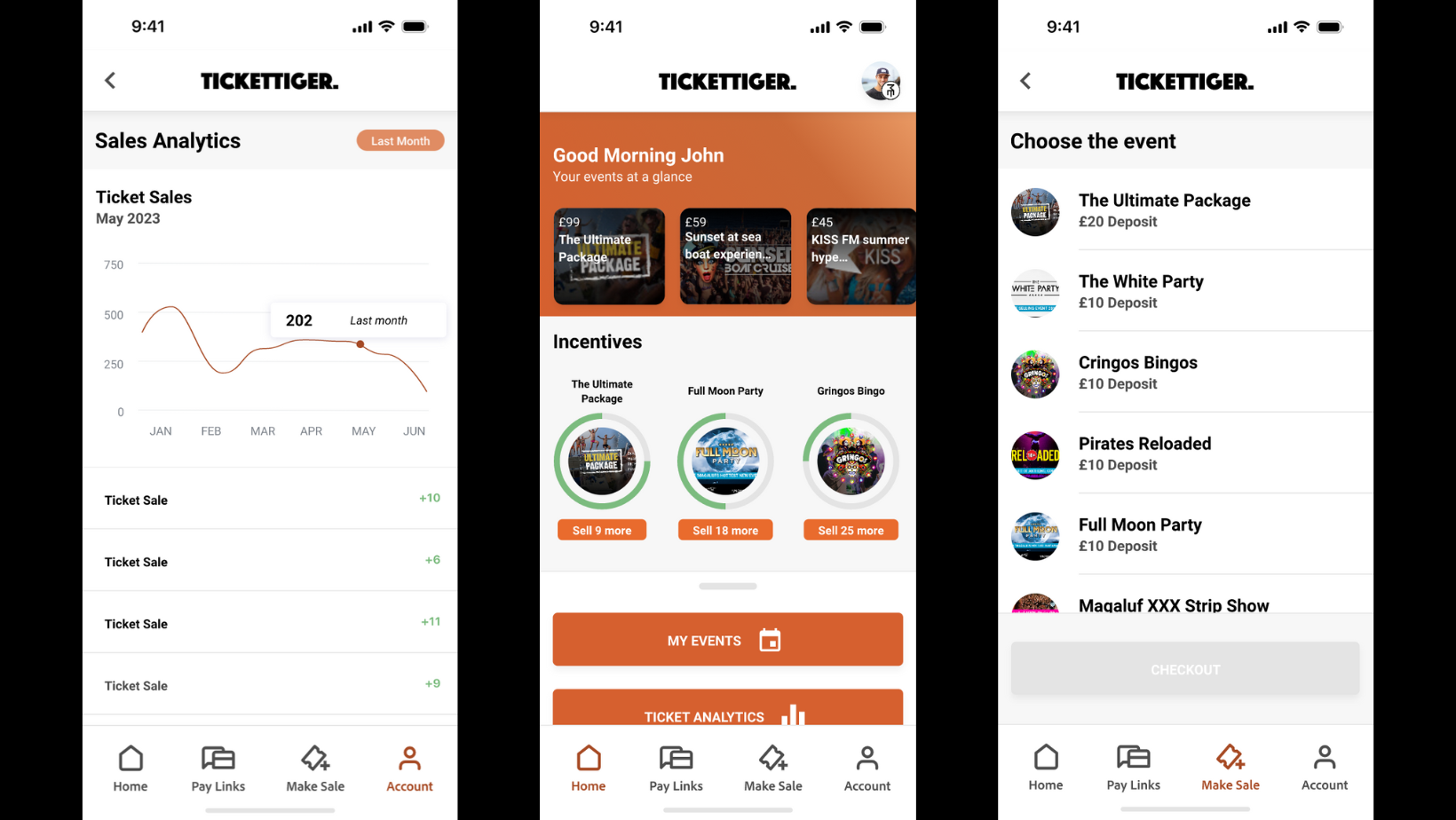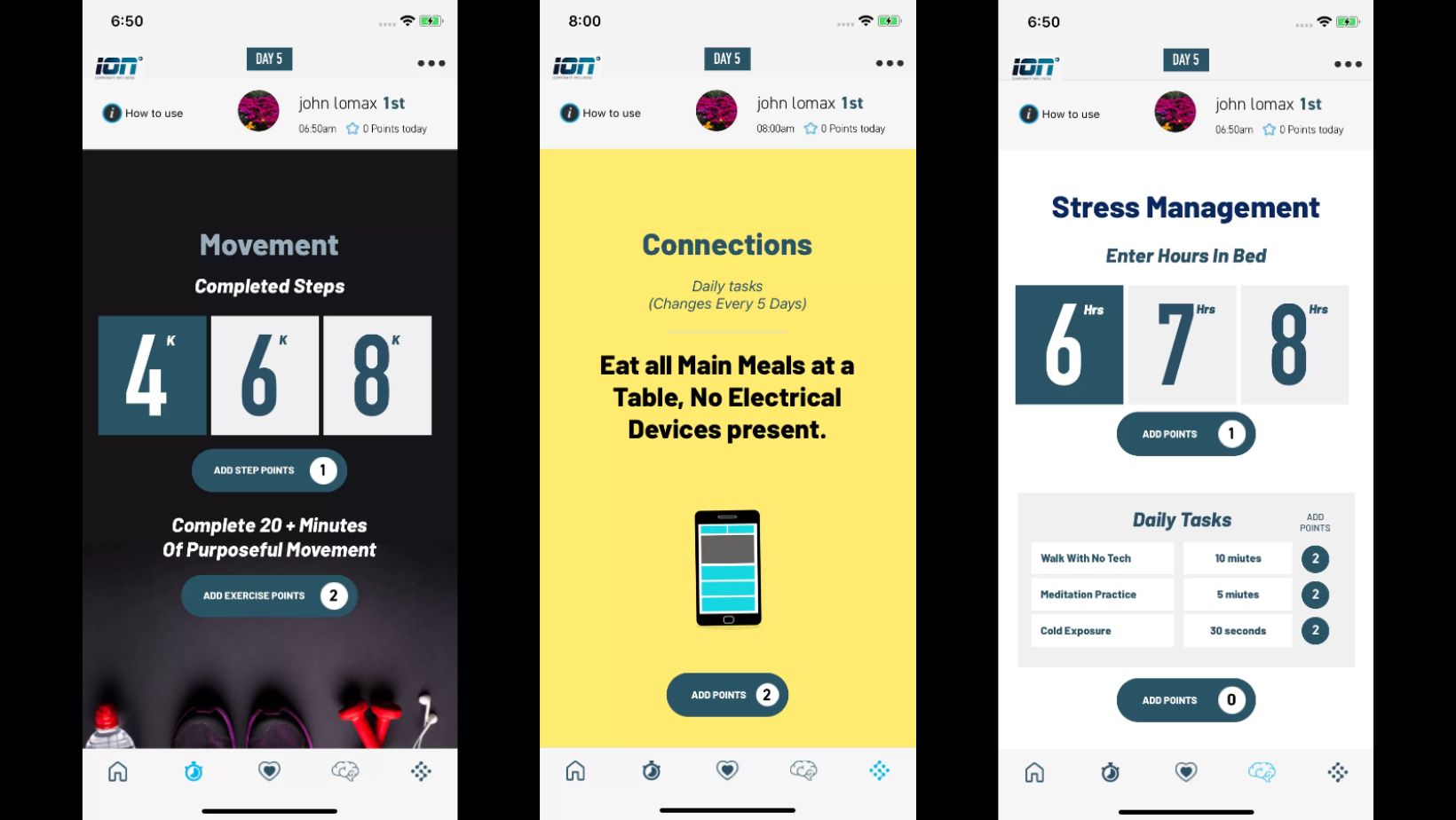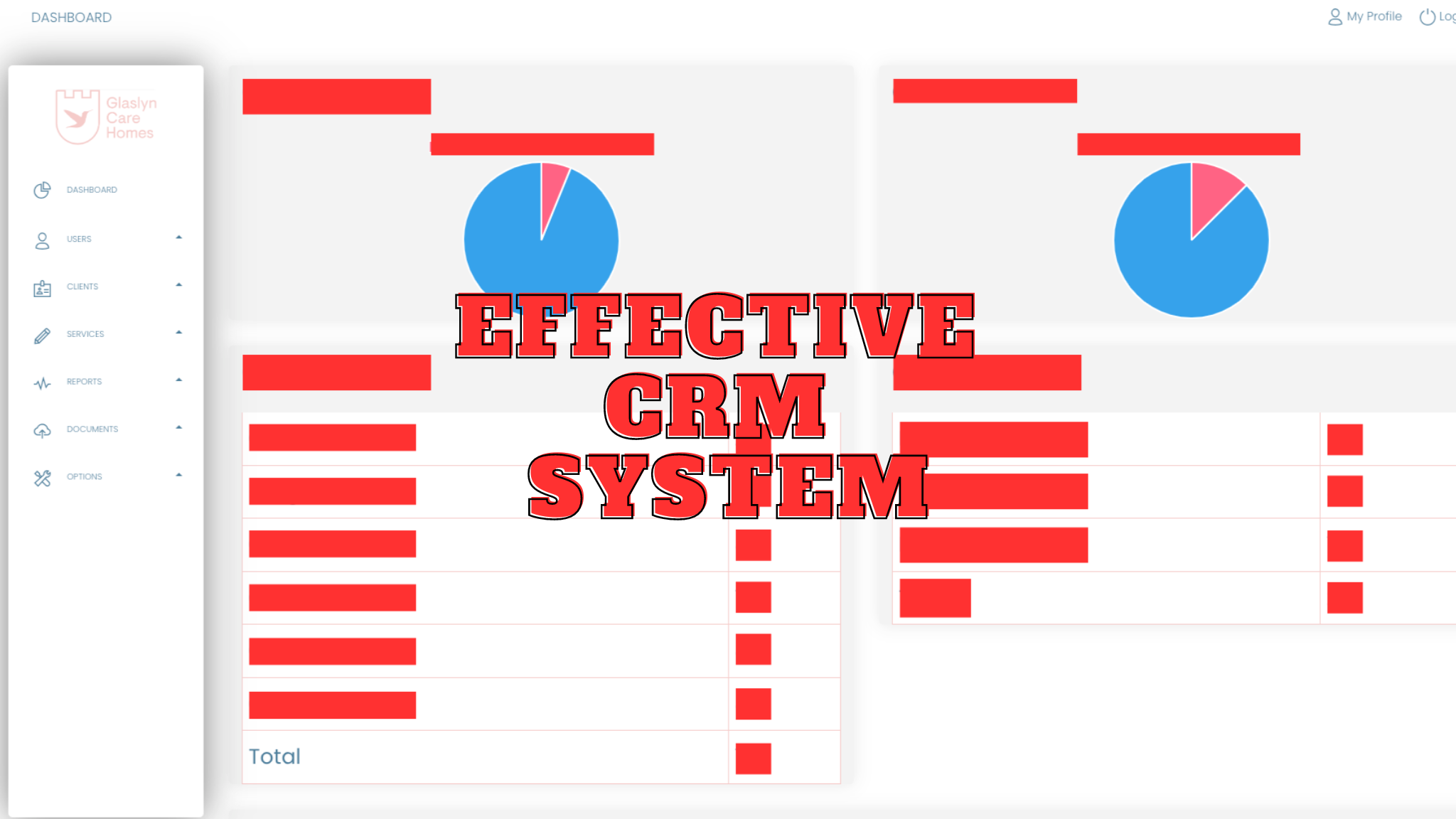Thinking about how custom apps can help your business is pretty natural. Being innovative is key to moving your company forward, and custom-made apps can really help with that. They can improve project workflows, help manage files better, make operations smoother, and even give your customers a better experience. In this blog, we're going to talk about five apps that are super important for all kinds of businesses. We'll share some of our own experiences in making these apps and how they can make a real difference in how your business runs.
Customer Relationship Management (CRM) App: Having a good way to keep track of your customers is crucial. That's where a CRM app comes in handy. It helps you keep all the important info about your customers in one place, like their contact details and interactions with your company. The cool thing about custom CRM apps is that they can be tailored to fit exactly what your business needs. So, instead of fitting your business to a pre-made solution, you get a system that works just right for you. This personal touch can really set your business apart. We've seen firsthand how having a CRM app tailored to specific industries, like care homes and recruitment agencies, can make a huge difference in managing relationships and boosting sales. When it comes to industries like the care industry, this is most important for ensuring the processes are up to speed and in the process improving lives. With recruitment, personalization is obviously crucial, and a custom CRM system is the best way to ensure this.
Enterprise Resource Planning (ERP) App: ERP apps are like the backbone of a business. They bring together all the different parts of your company, from finances to inventory, into one place. Having a custom ERP app means you can make it fit your business perfectly. It helps you automate tasks, streamline operations, and get real-time insights into how your business is doing. With a custom app, you're not stuck with a one-size-fits-all solution, which can make a huge difference in how efficient and competitive your business is.
Inventory Management App: Keeping track of inventory can be a headache, but a custom inventory management app can make it a whole lot easier. It lets you keep a close eye on what you have in stock, track where it's going, and even predict what you'll need in the future. This means fewer mistakes, lower costs, and happier customers. Plus, having all that data at your fingertips lets you make smarter decisions about your inventory and how you run your business.
Field Service Management App: If your business involves sending people out into the field, then a custom field service management app is a game-changer. It helps your technicians get their jobs done faster and keeps your customers happy. With features like real-time updates and optimized scheduling, you can make sure everyone stays on track and gets the job done right the first time. And when your customers are happy, your business thrives.
Employee Collaboration and Productivity App: Finally, there's the Employee Collaboration and Productivity App. This one's all about helping your team work together better, no matter where they are. It gives them a central place to communicate, share ideas, and stay organized. And with features like task management and project tracking, everyone knows what they need to do and when. Plus, it makes remote work a breeze, so your team can stay connected and productive no matter what. We've seen firsthand how incorporating features that encourage teamwork and reward achievements can significantly boost employee morale and productivity. In a nutshell, these apps can really supercharge your business. They help you keep your customers happy, your operations running smoothly, and your team working together like a well-oiled machine. So if you're looking to take your business to the next level, investing in custom apps is definitely the way to go.
Thanks for reading! We hope these software development tips have helped to engage positive-thought for improving your business and online presence. We are always happy to offer a free chat to discuss any potential projects you have in mind and provide a consultation on how our expertise can elevate your vision. Blog written by John Lomax, Technical Director of D3 Digital. https://www.linkedin.com/in/john-lomax/
Introduction

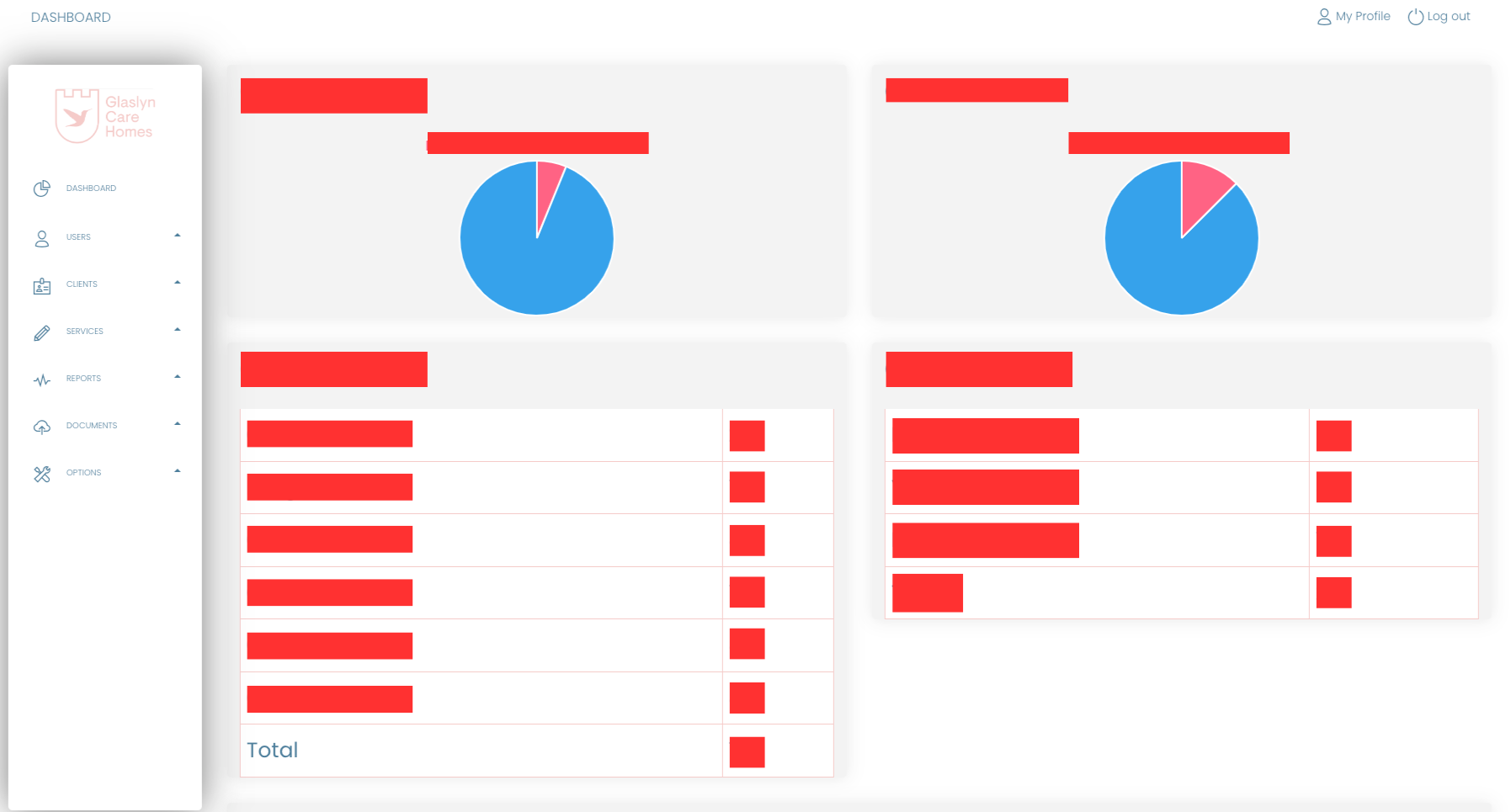
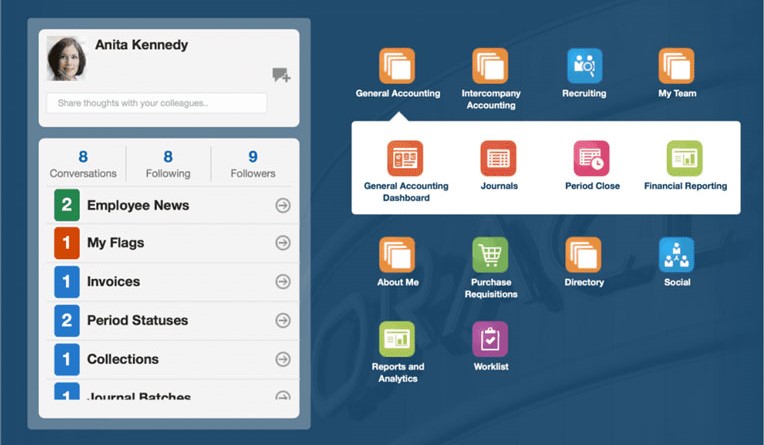
App Development Case Studies


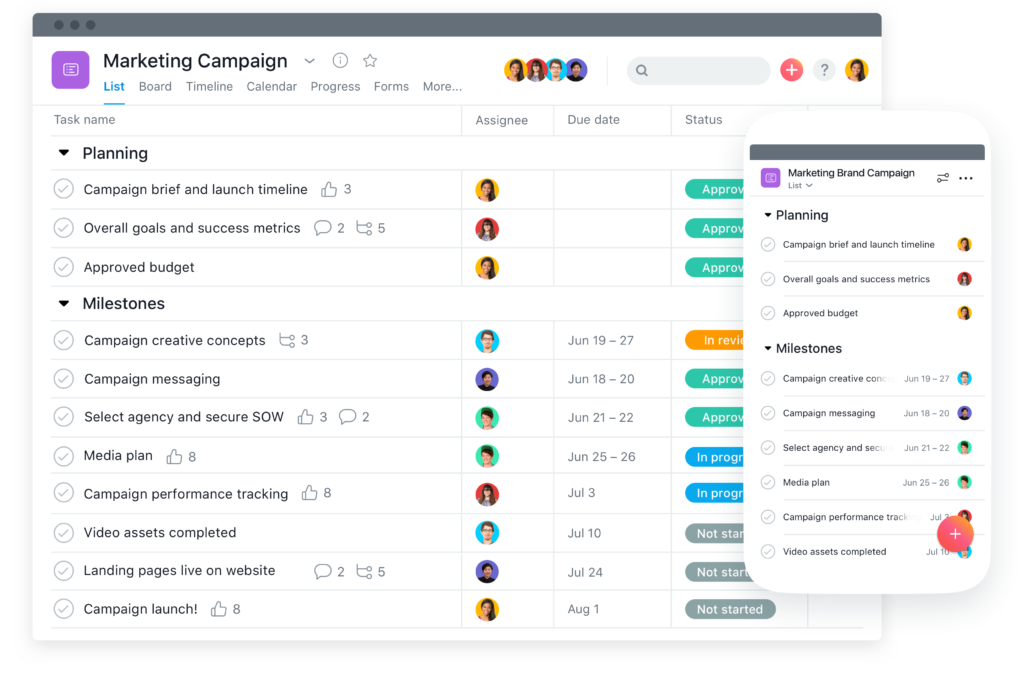

Get In Touch
Category: Blogs
5 Tips for a Magento Website in 2023
We love developing Magento websites, and we wanted to share 5 tips that we’ve discovered can help businesses improve their website, as creating a great Magento website requires careful planning and execution.
Here are five tips to help you build an outstanding Magento website:
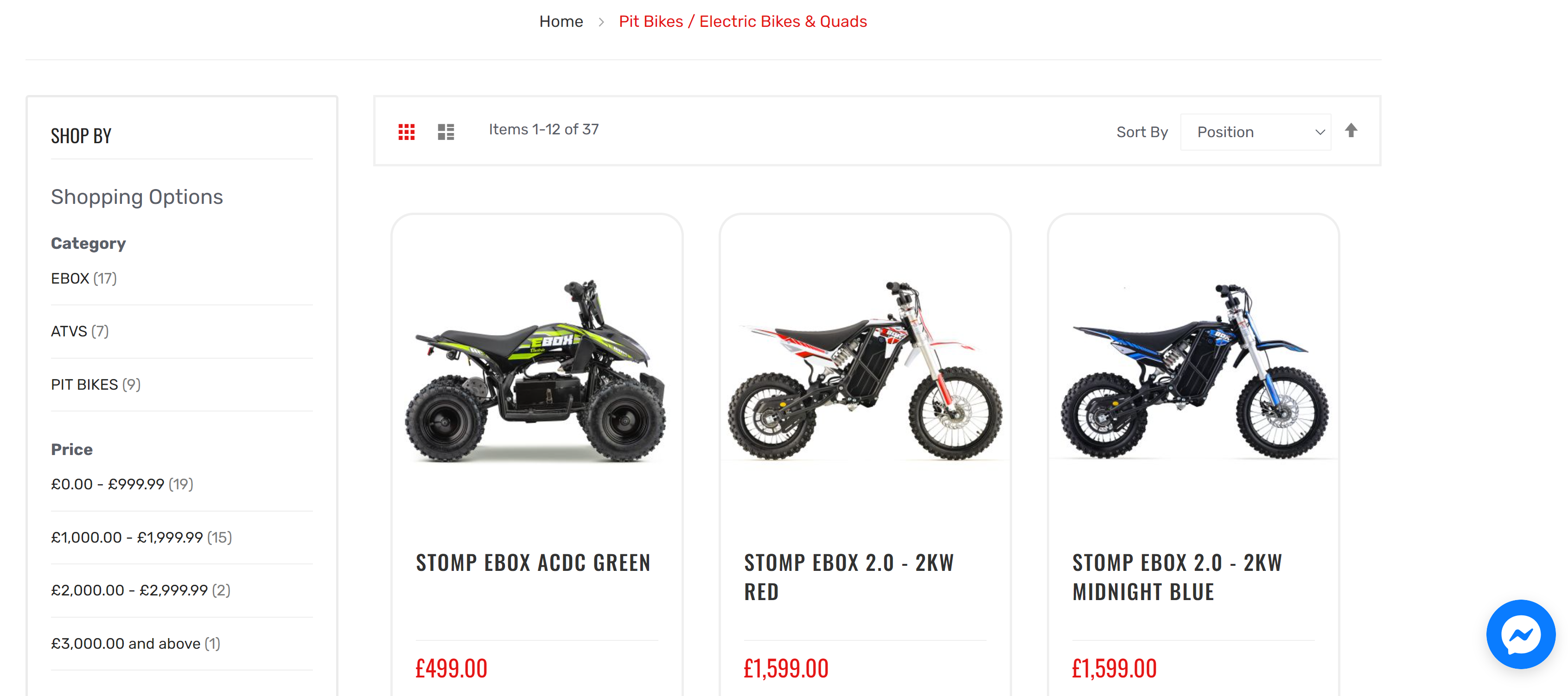
Optimize Performance
Ensure fast page loading times by optimizing images, leveraging browser caching, and minimizing HTTP requests. Use a reliable hosting service with good server performance and scalability. Regularly monitor your website's performance and address any issues promptly.
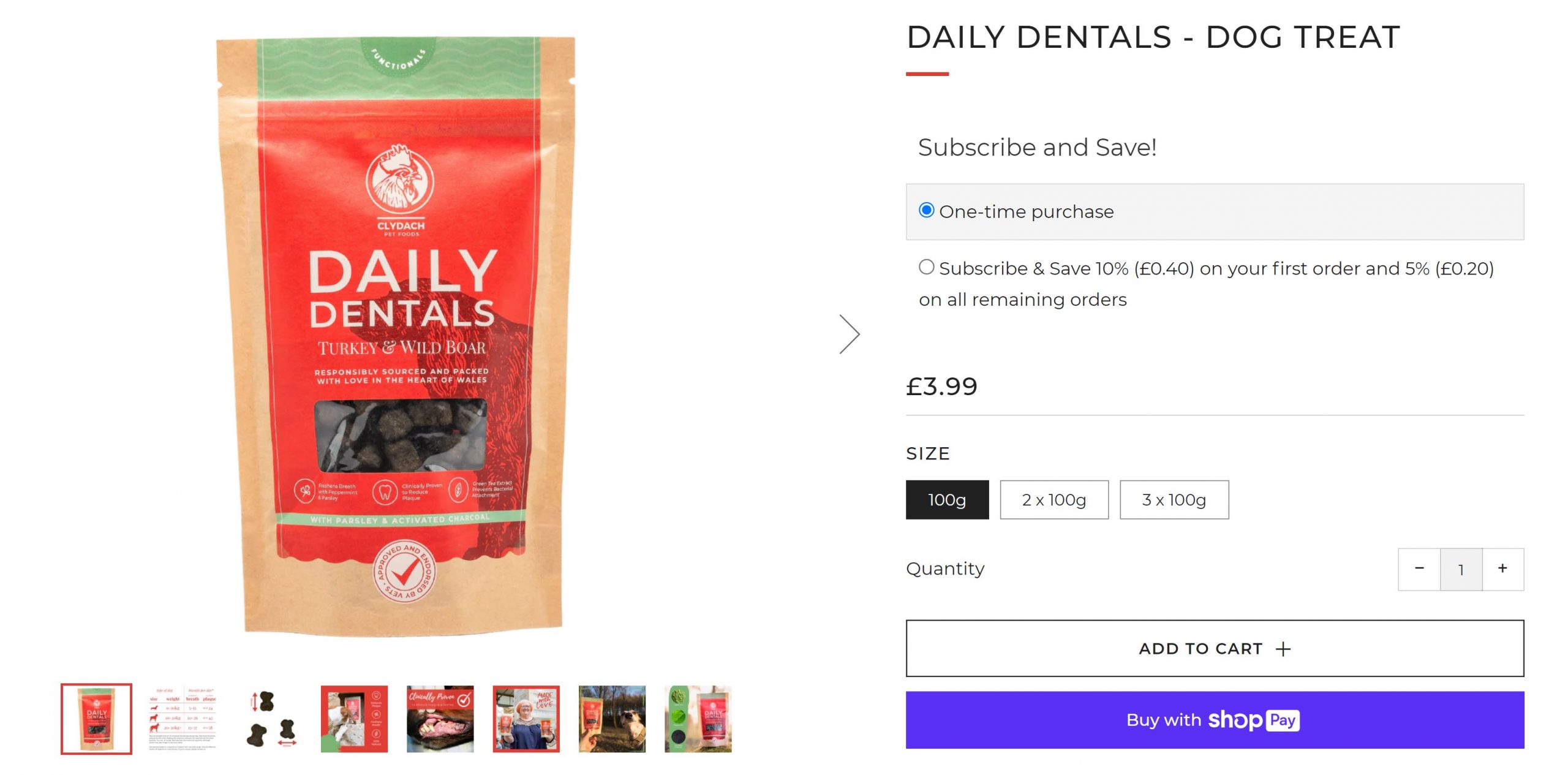
Mobile Responsiveness
Design your website to be fully responsive to accommodate users on mobile devices. Test your website's usability and appearance on various mobile platforms and browsers to ensure a seamless mobile experience.

User-Friendly Navigation
Create a clear and intuitive navigation structure, making it easy for users to find products and information. Implement well-organized categories and filters to help users narrow down their choices quickly. Ensure a smooth checkout process with minimal steps to reduce cart abandonment.

SEO Optimization
Optimize your website for search engines by using relevant keywords, meta tags, and descriptions for products and content. Create a sitemap and submit it to search engines to improve indexing. Implement structured data (schema markup) to enhance search results with rich snippets.

Security and Updates
Regularly update your Magento installation, extensions, and themes to patch security vulnerabilities and benefit from new features. Use secure and trusted payment gateways to protect customer data. Implement strong password policies, and restrict access to sensitive areas of the website. Additionally, consider conducting usability testing with real users to gather feedback and make improvements based on their experiences. Continuously analyze your website's performance, user behavior, and sales data to make data-driven decisions for ongoing enhancements. A great Magento website is not only visually appealing but also highly functional, user-friendly, and secure.

Thanks for reading!
We hope these software development tips have helped to engage positive-thought for improving your business and online presence.
We are always happy to offer a free chat to discuss any potential projects you have in mind and provide a consultation on how our expertise can elevate your vision.
Blog written by John Lomax, Technical Director of D3 Digital.
https://www.linkedin.com/in/john-lomax/

Get In Touch
How to Develop an Effective CRM System
Introduction
Creating a custom CRM system for your business can be a valuable investment, but it's essential to ensure that the system aligns with your specific needs and goals. Here are the key elements and considerations you should have in mind when planning a custom CRM system for your business.

Clearly Defined Objectives: Start by defining the specific goals and objectives of implementing a CRM system in your business. This could include improving customer relationships, increasing sales, enhancing customer support, or optimizing marketing efforts.
User Involvement: Involve key stakeholders within your organization, including sales, marketing, customer support, and management, in the planning and development process to ensure that the CRM system addresses their needs.
Customer Data Management: Decide what customer data you need to collect and manage. This may include contact information, purchase history, interactions, and any other data relevant to your business.

Lead Management: Develop lead management features that allow you to capture and qualify leads, assign them to sales representatives, and track their progress through the sales funnel.
Customer Interaction Tracking: Implement tools to track and log customer interactions, such as calls, emails, meetings, and support tickets. This helps in understanding customer history and needs.
Customization and Personalization: Design the CRM system to be highly customizable. This allows users to configure fields, forms, and workflows to match their specific requirements.
User Training and Support: Provide comprehensive training for your employees on how to use the CRM system effectively. Ensure that ongoing support is available for troubleshooting and questions.
Integration: Plan for integration with other business tools, such as email marketing software, e-commerce platforms, and accounting systems. A well-integrated system streamlines data sharing and improves efficiency.
Automation: Integrate automation features to streamline repetitive tasks and workflows. Automation can help save time and reduce human error.
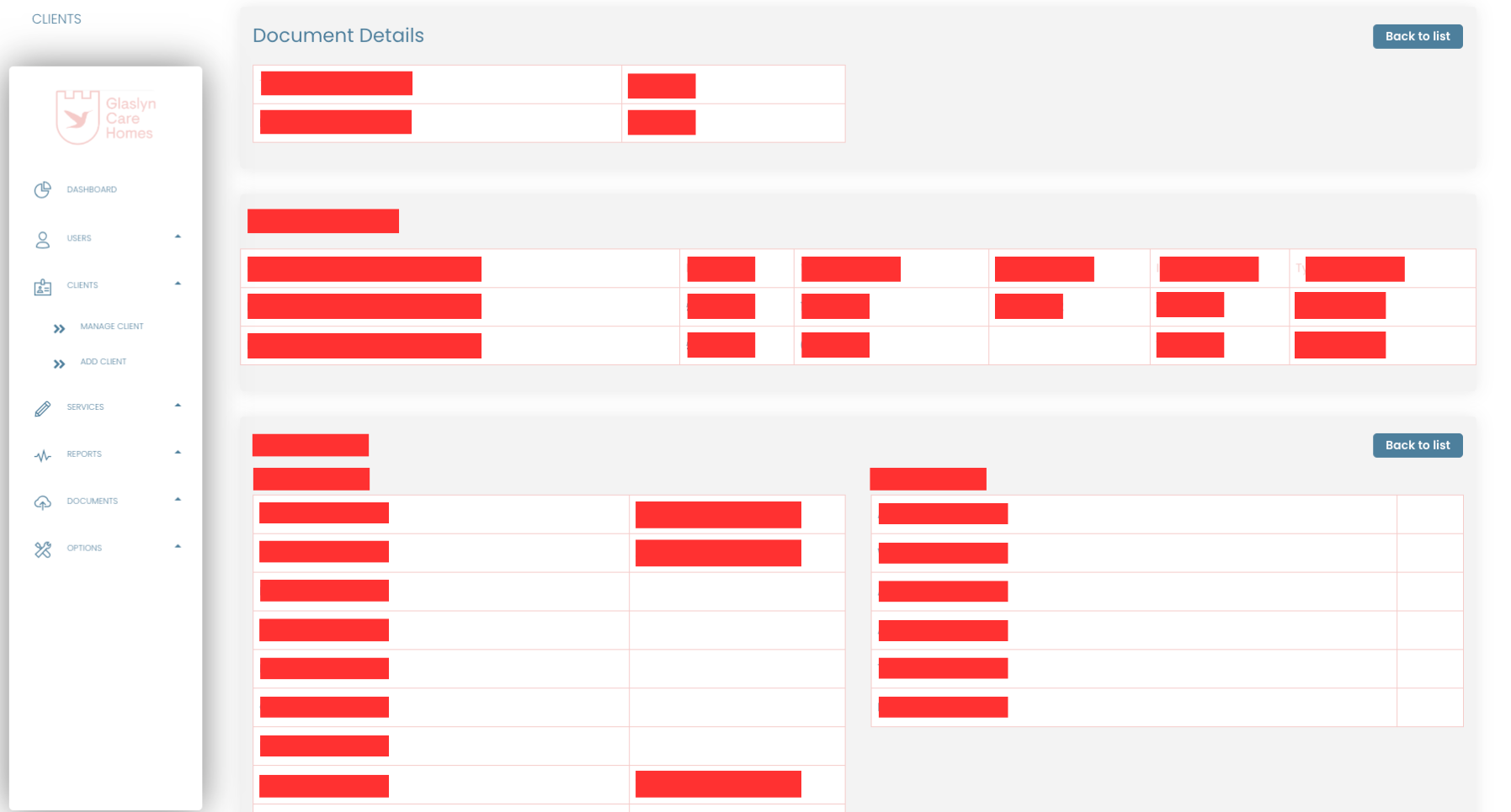
Mobile Access: Consider the importance of mobile access to the CRM system. Ensure that it's accessible and functional on mobile devices for your employees who are often on the go.
Security and Privacy: Implement robust security measures to protect customer data and comply with relevant privacy regulations. Data access should be restricted to authorized personnel only.
Reporting and Analytics: Incorporate reporting and analytics features to track the performance of your CRM system. This data can help you make informed decisions and evaluate the success of your customer relationships.
Scalability: Design the CRM system to scale with your business. As your customer base grows, the system should handle increased data and user loads.

Feedback Loop: Establish a feedback mechanism for users to report issues and suggest improvements. Use this feedback to continually enhance the CRM system.
Documentation: Maintain comprehensive documentation for the system's architecture, data structure, APIs, and customizations. This is crucial for future development and troubleshooting.
Budget and Resources: Determine a budget for the development, maintenance, and support of the CRM system. Consider the resources, including personnel and technology, required to build and maintain the system.
Timeline and Project Management: Develop a timeline and project plan for building the CRM system, considering milestones and deadlines.
Compliance: Ensure that your CRM system complies with all relevant regulations, such as data protection laws and industry-specific standards.
Testing and Quality Assurance: Plan for thorough testing and quality assurance to identify and fix bugs and usability issues before deploying the CRM system.

Data Backup and Disaster Recovery: Establish regular data backup and disaster recovery procedures to safeguard against data loss.
Post-Implementation Evaluation: After the CRM system is deployed, continuously evaluate its performance and the achievement of your initial objectives. Make adjustments and improvements as needed.
Final Thoughts: Building a custom CRM system is a significant undertaking that requires careful planning and development. Consider collaborating with experienced developers or consultants who specialize in CRM systems to ensure that your solution aligns with best practices and addresses your business's unique needs.

Thanks for reading!
We hope these software development tips have helped to engage positive-thought for improving your business and online presence.
We are always happy to offer a free chat to discuss any potential projects you have in mind and provide a consultation on how our expertise can elevate your vision.
Blog written by John Lomax, Technical Director of D3 Digital.
https://www.linkedin.com/in/john-lomax/

Get In Touch
Why D3 Digital Was Founded
Introduction
D3 Digital was founded at the start of 2023 by John Lomax and Haydn Wakeling. Previously, John (myself, writer) ran a software development agency for 8 years, and Haydn still runs a video production company, Black Swan Productions. After working on some great projects together, we decided to create D3 Digital, a software development agency creating custom software such as websites, apps, CRM systems, Magento builds, and others.

Our Vision
With years of experience developing all kinds of custom software, working across so many interesting projects and solving many complex problems, I decided to partner with Haydn to elevate our service offering, and look to bring in a team that could work on bigger projects. Looking at things from an experienced development perspective, but also with a creative vision, and seeing how things tie into the overall business strategy and our customers, customers perspectives and user-journeys.

Mission Statement
D3 Digital is a digital agency in Cardiff that helps to empower innovative businesses to thrive online. We do this with a three-step process of Design, Develop and Deploy. This helps us super-charge digital experiences for businesses and increase their reach to awaken their online potential. We are a bunch of highly experienced, creative, and passionate individuals. At heart, we're tech nerds and creatives, backed up by our degrees in computer science and constant passion to evolve with the latest technological developments. We are here to connect you with your audience and help provide digital solutions to remove your stress and ensure your operations run smoothly. It doesn't matter if it's a website for a start-up, an advanced app for a large corporation, or a strategy of development to ensure all your processes are up to speed and competitive. Regardless, we're here to chat, and we're here to help. To create a digital world that’s open to all.

Our Future
We’re excited about the future of D3 Digital and the fantastic clients and unique projects we have lined up. So far, we’ve loved working on all sorts of projects, such as developing customer-focused legal websites, problem-solving with healthcare mobile apps, tailored CRM systems to vastly improve care homes processes, tailored Magento websites across various different sectors, and various other custom software. We’re looking forward to sharing our case studies, customers journeys, latest updates, writing blogs, and posting on social media. We hope you’re there for the ride with us as we head towards a new year!

Thanks for reading!
We hope these software development tips have helped to engage positive-thought for improving your business and online presence.
We are always happy to offer a free chat to discuss any potential projects you have in mind and provide a consultation on how our expertise can elevate your vision.
Blog written by John Lomax, Technical Director of D3 Digital.
https://www.linkedin.com/in/john-lomax/

Get In Touch

